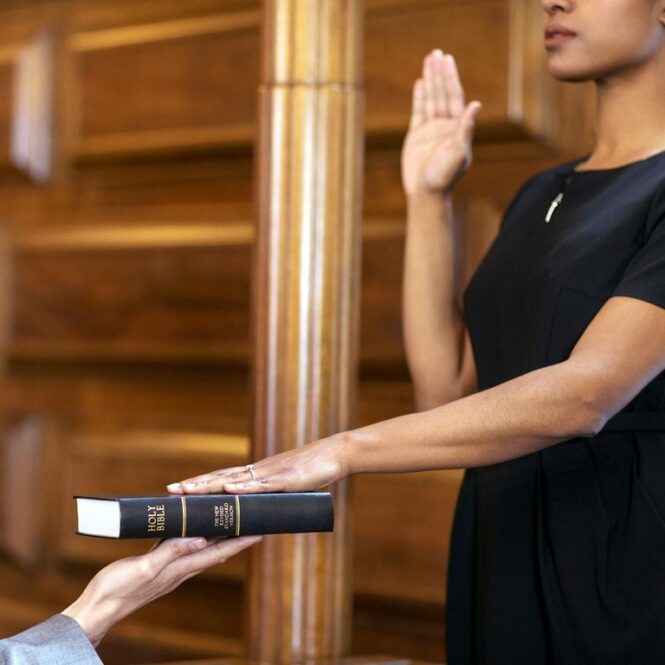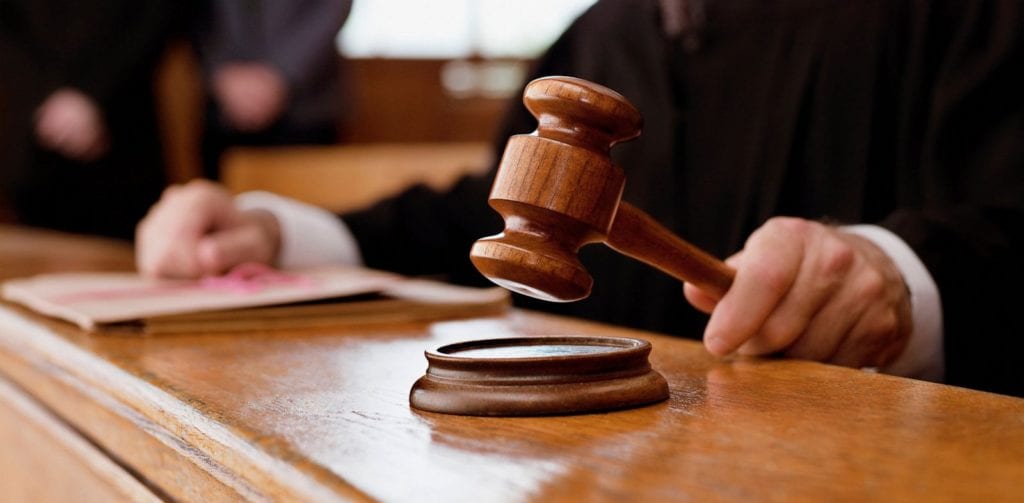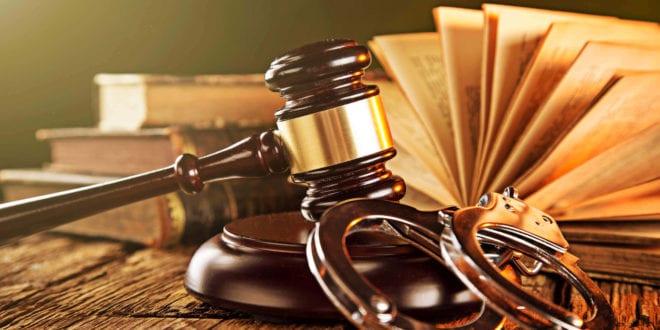Being accused of a criminal act is something that you should take seriously. Even if you know that the charge is fake, there’s still the matter of being able to defend yourself and avoid the possibility of prison.
That’s why you should call the professionals such as from Mass Tsang and begin to make plans for that defense. As part of the process, your lawyer will provide some essential advice. Here are some examples of what the legal counsel is likely to tell you.
1. No Details Left Out

The first thing you should understand is that your lawyer must know everything there is to know about the case. That includes any background information that connects you with others associated with the alleged event. It’s essential for you to provide a complete account of all activities leading up to the supposed crime, where you were at the time, and even who you were with.
In some cases, this type of disclosure may be uncomfortable. It may feel a little intrusive since you may need to share information that’s more intimate with your legal counsel. Keep in mind that your lawyer is not interested in judging the details of your private life. What the legal counsel does want to do is establish what took place, the extent of your involvement, and how to prepare a credible defense.
Remember that anything you share with your legal counsel is held in the strictest of confidence. It will only be included in the defense if necessary. Even then, you will know in advance what your lawyer plans to do with that information.
2. Refraining From Discussing the Case With Others
Many criminal defense lawyers urge their clients to say as little as possible about the case to others. That includes family members, friends, love interests, and co-workers. Choosing to remain tight-lipped with everyone but your lawyer reduces the risk of making a stray comment that’s taken out of context and seems to give the prosecution more ammunition.
By holding your peace and saying nothing outside of your lawyer’s office, you keep this type of potential damage contained.
3. Engage in Actions That Do Not Harm Your Case

Depending on the nature of the criminal charge, there may be certain venues that you should avoid until the trial is over. In like manner, it may be a wise move to avoid being seen with certain people. If you do have to interact with those people, making sure it’s a public setting with many others present is the only way to go.
4. Your Day in Court: Follow the Lawyer’s Instructions to the Letter
Your lawyer will also provide some insight into how to conduct yourself in the courtroom. That includes only speaking when spoken to and maintaining your composure at all times. If there is something that you need to say, whisper it to your legal counsel. The willingness to follow proper etiquette in the courtroom will help rather than hinder your case.
Never assume that the fact you’re innocent means everything will automatically be okay. You still need help from a criminal defense lawyer. Choose wisely, and the chances of putting this situation behind you are much higher.
5. Always be honest

Honesty is always important, no matter what it is. However, when it comes to criminal defense, it is especially important, to be honest with your lawyer. This is very important in litigation, first of all, because you want the lawyer you hired to protect you in the best possible way.
Some may think, so if I say that I have committed an offense, I will be exposed, and the lawyer will let me down because he or she doesn’t want to defend the offender. Things are different. Being a lawyer is a business, and there is an ethic in this business, which means that every lawyer’s primary goal is to protect you, whether or not you are guilty. So you can only help the attorney prepare the best defense.
6. Communicate with your lawyer
If you have realized the importance of our previous advice, such as the need to be honest or not to leave out any details about your case, then you can conclude how important it is to communicate with your lawyer.
If you have any doubts, it is best to consult the person you are paying to defend you. After all, who better knows the laws and way of behaving in the courtroom or the pre-trial period than the lawyers themselves. But, don’t forget, don’t be bulky and call a lawyer every day. Another important thing is to make sure you are always available for every question.
7. Act responsibly

If you still have a few days left until trial, make sure you avoid any contact with other people. We talked about this a little while ago. However, do not contact anyone, not even on social networks, as you may inadvertently say something related to your case and thus jeopardize the defense and outcome of the judgment.
Also, do not talk to the police, as they can use every testimony against you and thus directly influence the judge’s decision. A better solution is to speak to your lawyer first, and only if he or she decides that it is best to tell the certain police details than to do so.
Lastly, we would like to highlight some of the things we think are default, but you can still forget them. First of all, act with a lot of respect for the judge as well as the jury and all those present in the courtroom.
And of course, dress appropriately as this will undoubtedly leave a positive impression on the judge. That would be all of the tips we have to give you regarding the essentials of working with legal counsel. Good luck!
 Imagup General Magazine 2024
Imagup General Magazine 2024



